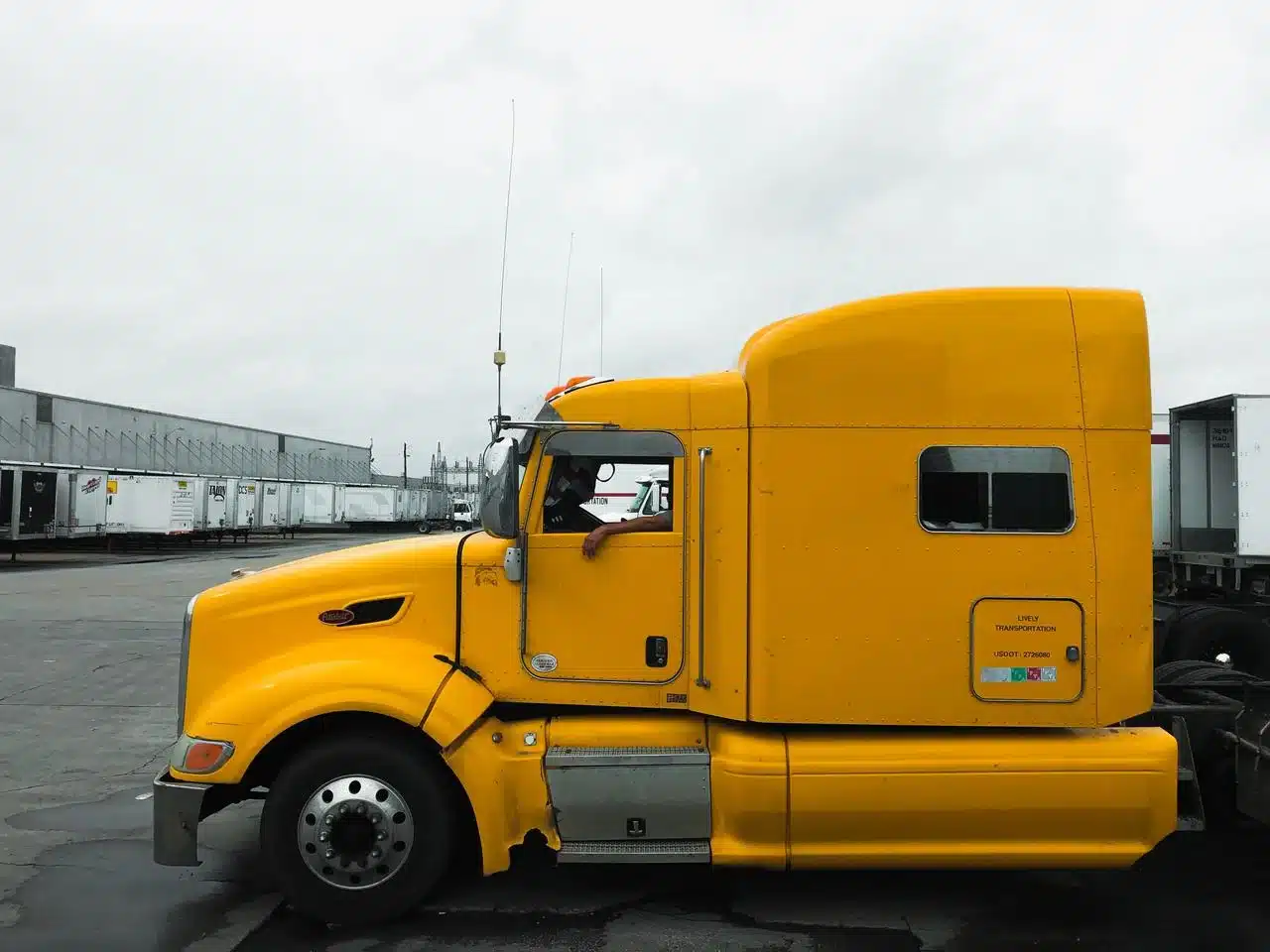Establishing Liability in Commercial Vehicle Accidents in Florida

Commercial vehicle accidents can have severe consequences, causing significant injuries, property damage, and even fatalities. When a commercial vehicle is involved in an accident, determining liability can be complex due to multiple parties potentially being responsible. If you or a loved one has been involved in a commercial vehicle accident in Florida, it is essential to understand how to hold the appropriate parties liable. In this blog post, we will explore the key factors in establishing liability in commercial vehicle accidents in Florida, providing valuable information to help you navigate the legal process and protect your rights.
Identify the Parties Involved
Commercial vehicle accidents typically involve various parties who may share liability, including:
- The driver of the commercial vehicle
- The owner of the commercial vehicle
- The employer or company operating the commercial vehicle
- Manufacturers or maintenance providers, if vehicle defects or maintenance issues contributed to the accident
Establish Negligence
To hold the responsible parties liable, it is crucial to establish negligence. This involves proving that the at-fault party failed to exercise reasonable care, leading to the accident and resulting damages. Negligence can include actions such as driver fatigue, speeding, distracted driving, inadequate maintenance, or failure to comply with safety regulations.
Investigate the Accident
Collecting evidence is essential for determining liability in a commercial vehicle accident. Some key steps include:
- Documenting the accident scene: Take photographs of the vehicles, damage, road conditions, and any relevant factors.
- Gathering witness statements: Obtain statements from individuals who witnessed the accident or observed the conduct of the commercial vehicle driver.
- Securing records: Request maintenance records, driver logs, and any other relevant documentation that may shed light on the accident and potential negligence.
Review Safety Regulations
Commercial vehicles are subject to specific safety regulations imposed by state and federal authorities. Review these regulations to determine if any violations contributed to the accident. Violations could include hours-of-service violations, improper loading, inadequate driver qualifications, or failure to maintain proper vehicle inspections.
Consider Vicarious Liability
In commercial vehicle accidents, the legal principle of vicarious liability may apply. This means that employers can be held responsible for the actions of their employees while performing work-related duties. If the driver was an employee, their employer may share liability for the accident.
Consult with an Experienced Attorney
Given the complexities surrounding commercial vehicle accidents, consulting with a skilled personal injury attorney is highly recommended. An attorney experienced in handling commercial vehicle accident cases can assess the specifics of your situation, identify the liable parties, gather evidence, negotiate with insurance companies, and advocate for fair compensation on your behalf.
Pursue a Personal Injury Claim
With the guidance of your attorney, pursue a personal injury claim against the liable parties. This may involve negotiating with insurance companies or filing a lawsuit if a fair settlement cannot be reached. Your attorney will work diligently to ensure you receive proper compensation for medical expenses, lost wages, pain and suffering, and other damages resulting from the accident.
Conclusion
Establishing liability in commercial vehicle accidents in Florida requires a thorough investigation, knowledge of applicable regulations, and understanding the complexities involved. By identifying the parties involved, establishing negligence, conducting a comprehensive accident investigation, and seeking legal representation, you can navigate the process effectively and protect your rights. Remember, consulting with an experienced attorney is crucial for building a strong case and pursuing fair compensation. Together, we can hold responsible parties accountable for their actions and promote safer roads for all.
